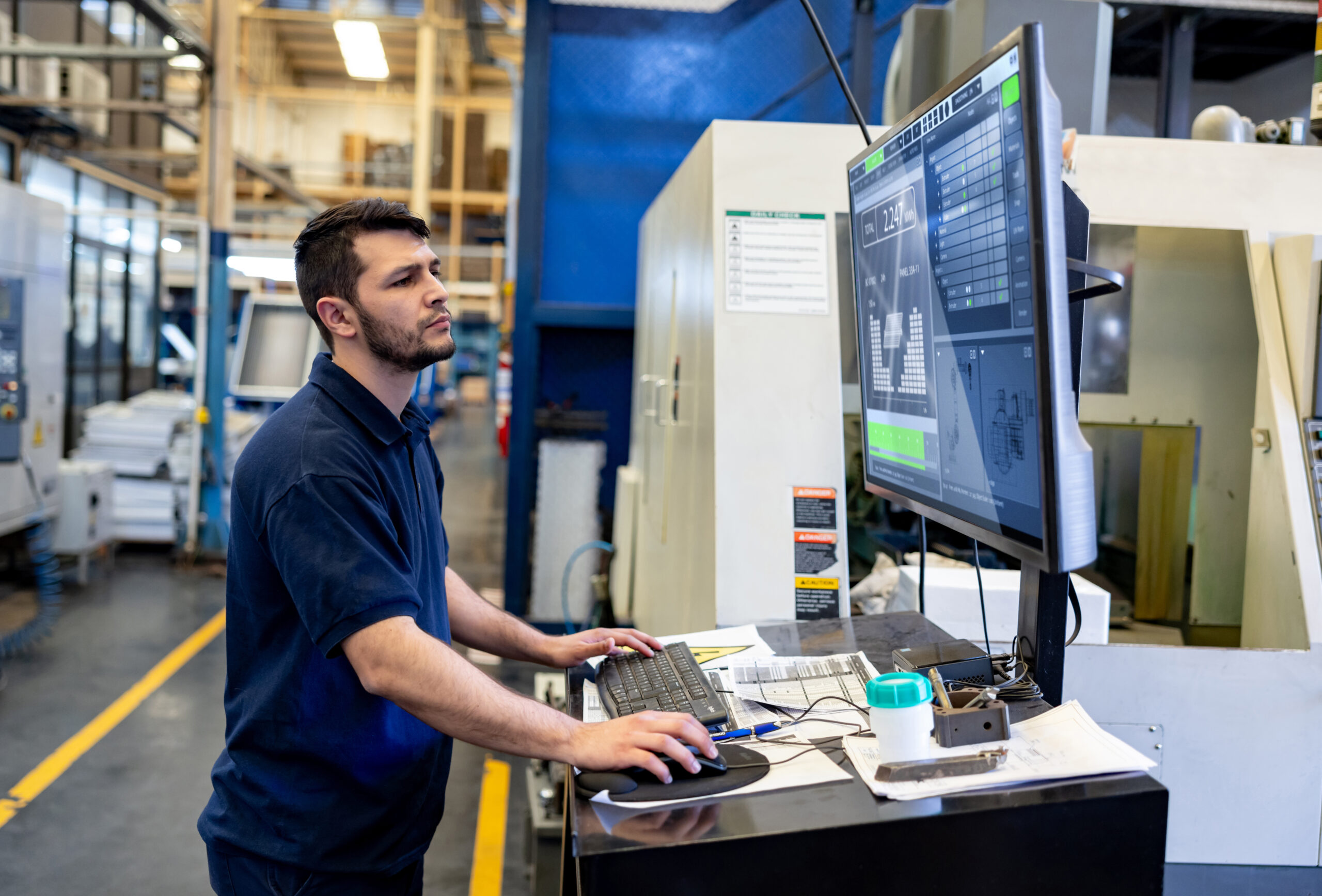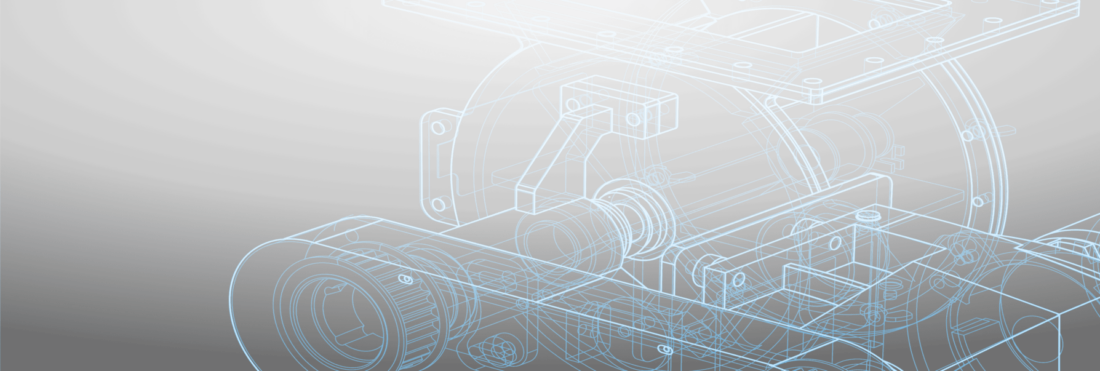
Do you want to gain a competitive advantage over other manufacturers in your sector?
If you are a custom manufacturer, to do so, you need to get an ERP system. Why?
An ERP system lets you manufacture goods more efficiently than your competitors, which leads to greater profit margins, and creates a comparative competitive advantage.
Increased efficiency
Doing things faster, better and with more consistency is the ultimate endgame for custom manufacturers looking to create a competitive advantage. ERPs help you do just that—with an ERP system you will be able to increase your shop’s efficiency and do everything you do, but better.
How?
One of the biggest advantages an ERP gives you is complete visibility over your entire shop in real-time. Real-time data coming in from across your shop lets you know how your shop is actually functioning, and can alert you to a problem or bottlene on your line—and let you sort it out before it becomes a major issue. Real-time data can also help you schedule your shop more efficiently, and give you a better estimate of how long a job will actually take your shop to do, making you better equipped to provide an accurate timeline to your customer, and to then deliver on time—leaving you with more satisfied customers.
You will also reduce both operational and administrative costs with an ERP because you will run your entire operation from one centralized system, meaning you won’t have to pay for multiple systems and the associated maintenance costs. Also, because ERPs let you manage your shop better as a whole, you will avoid delays that can cost you dearly, for example, by being better able to manage long lead items or other processes that can set you back—giving you increased profit margins.
How ERPs can give you a competitive advantage
There are many ways that an ERP helps your shop run more efficiently and effectively—creating a competitive advantage.
1. More efficient scheduling
ERPs allow you to schedule your shop floor with greater accuracy, making your production line more efficient, while also increasing work center productivity and improving machinery utilization. Balancing machine and labor schedules so that everything is running at its highest level of efficiency in your shop is a difficult task for custom manufacturers that requires a lot of insight into your operations and the jobs you have on the go.
Without an integrated system that connects and gives you data from across your organization the task is nearly impossible. ERPs provide this level of visibility, making scheduling your shop to its maximum level of efficiency achievable. (Want to take your scheduling even further: Learn how an ERP with a Drum Buffer Rope scheduling module can make your shop even more efficient.)
2. Accurate inventory management
You will also be able to manage your inventory with greater accuracy with an ERP. An inventory management system alone can’t effectively optimize your inventory—unless your inventory management system is in real-time and integrated with the rest of your organization.
This is where an ERP comes in. An ERP integrates your inventory management with the rest of your operation, making tracking inventory throughout your organization easy. An ERP system gives your staff instant access to a centralized inventory database that’s updated in real-time.
This let’s you know exactly what you can or can’t fulfill, what raw materials you actually have on-hand, as well as gives you the confidence that what is recorded in the database actually matches what is sitting on your shelf, making not only production more efficient, but financial reporting easier as well.
Accurate inventory management can help you increase your overall efficiency by speeding up production. Employees can spend their time on other tasks instead of for example trying to locate one particular piece of stock.
And with an ERP system you can automatically keep track of the inventory you use on each job, which will, for example, let you do better production planning as you know exactly the amount of raw materials you have on-hand, and what you need to order to complete a job. An ERP, equipped with real-time data, makes managing your inventory easier, which will make your entire operation more efficient.
3. Improved productivity and performance
By relying on real-time data from an ERP, manufacturers are gaining quicker and better insights into their shop floor operations and can determine which areas of availability, performance and quality are most impacting performance. ERPs let you analyze production processes and cycles, giving you better awareness of how your shop runs, meaning you will know which plant floor processes you need to change to increase efficiency and attain higher levels of performance from your production line.
An ERP will also give you production statistics, like staff productivity and machining time, giving you better performance measures and insights into your business. And with an ERP what used to take hours of meticulous data collection, and report creation, can be done automatically giving you a comprehensive overview of your operation. You can use this information to optimize equipment, labor, and production schedules—to maximize your plant’s capacity and increase your throughput.
—-
If you are looking for a competitive advantage over other manufacturers in your sector, look no further. Investing in an ERP will help you increase efficiency, improve profit margins, boost throughput and give you that all important competitive advantage over your competition. Want to see more? Book a demo today to see Genius ERP in action, and find out what it can do for you!
Get your eBook Scared to implement a new ERP?
"*" indicates required fields



